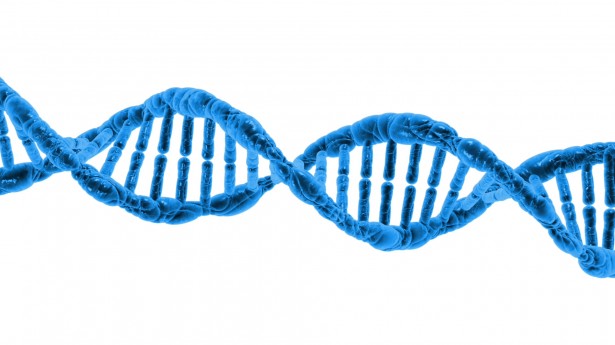Runaway Biology: A Call for Conscientious Genome Editing with CRISPR
By Søren Hough,
SFTP
| 01. 28. 2021
By 2018, it was clear that CRISPR had spun out of control. In the United States, one biotech company managed to bypass the Food and Drug Administration to get CRISPR-modified food onto people’s dinner plates. Not long after, a world-shaking report revealed that CRISPR had also been used without formal approval in China to edit the DNA of two baby girls, Lulu and Nana. As scientists and governments methodically deliberate on the best way to regulate CRISPR’s use in society, those seeking fame and fortune plow ahead heedless of the consequences. CRISPR, now a Nobel Prize-winning technology, is a permanent fixture in biological research and clinical medicine. We must take its dire ethical implications, from changing the food we eat to altering human evolution, more seriously.
Genetic Reductionism and CRISPR: Dire Bedfellows
When Drs. Jennifer Doudna and Emanuelle Charpentier were awarded the Nobel Prize in Chemistry for their work on CRISPR, the Nobel committee framed their discovery as a tool for rewriting the “code of life” DNA.https://www.nobelprize.org/prizes/chemistry/2020/press-release/." title>1 Describing DNA as the “code of life” is a common trope, and...
Related Articles
By Diaa Hadid and Shweta Desai, NPR | 01.29.2026
MUMBRA, India — The afternoon sun shines on the woman in a commuter-town café, highlighting her almond-shaped eyes and pale skin, a look often sought after by couples who need an egg to have a baby.
"I have good eggs,"...
By George Janes, BioNews | 01.12.2026
A heart attack patient has become the first person to be treated in a clinical trial of an experimental gene therapy, which aims to strengthen blood vessels after coronary bypass surgery.
Coronary artery bypass surgery is performed to treat...
By Staff, ScienceDaily | 01.05.2026
Scientists at UNSW Sydney have developed a new form of CRISPR technology that could make gene therapy safer while also resolving a decades-long debate about how genes are switched off. The research shows that small chemical markers attached to DNA
...
Following a long-standing CGS tradition, we present a selection of our favorite Biopolitical Times posts of the past year.
In 2025, we published up to four posts every month, written by 12 authors (staff, consultants and allies), some in collaboration and one simply credited to CGS.
These titles are presented in chronological order, except for three In Memoriam notices, which follow. Many more posts that are worth your time can be found in the archive. Scroll down and “VIEW...




